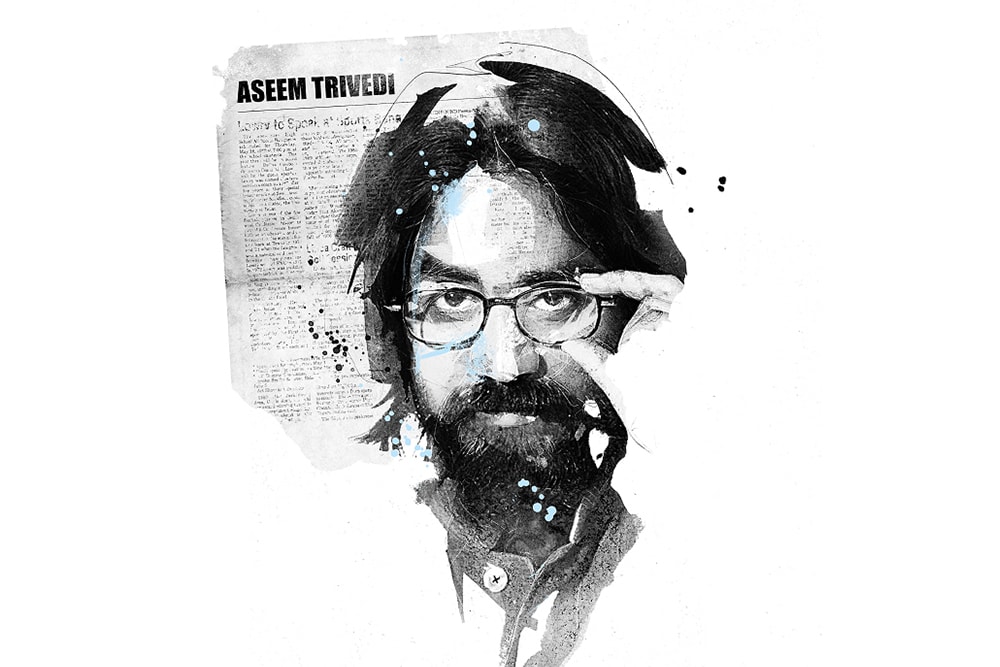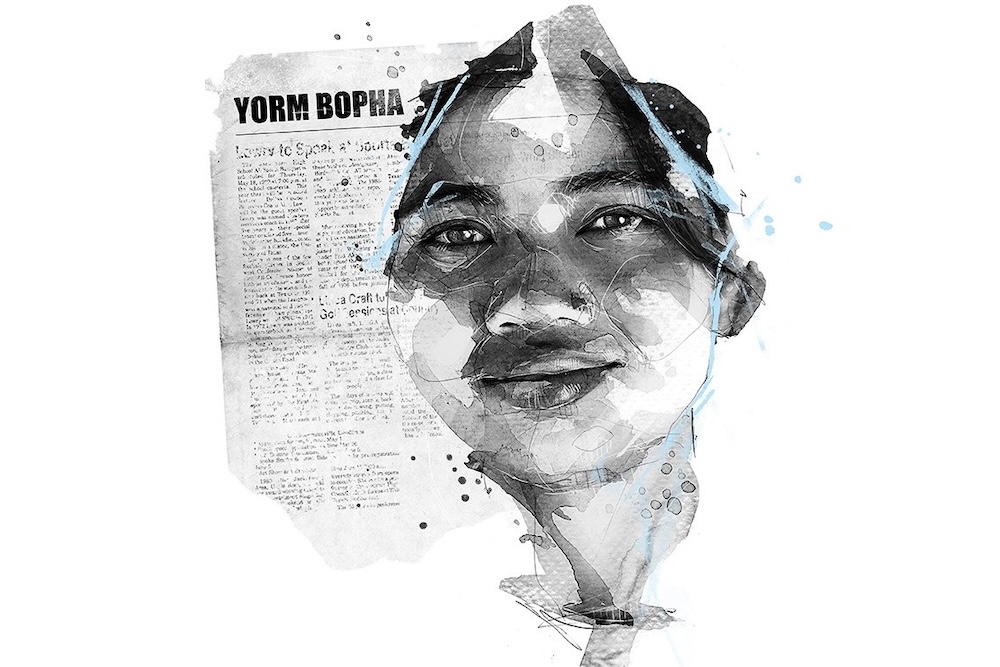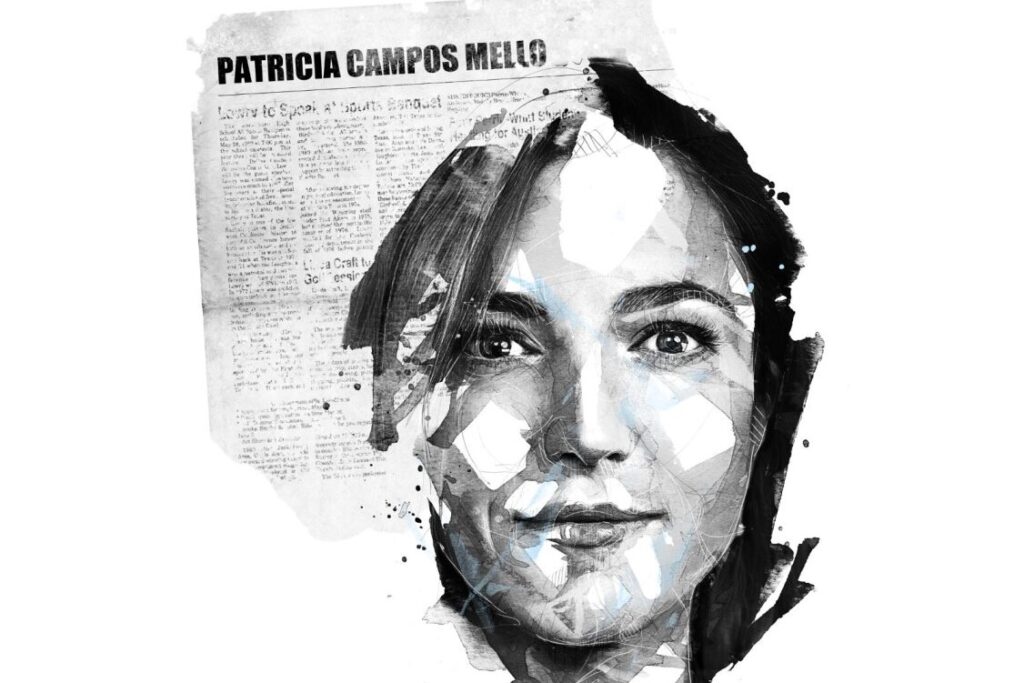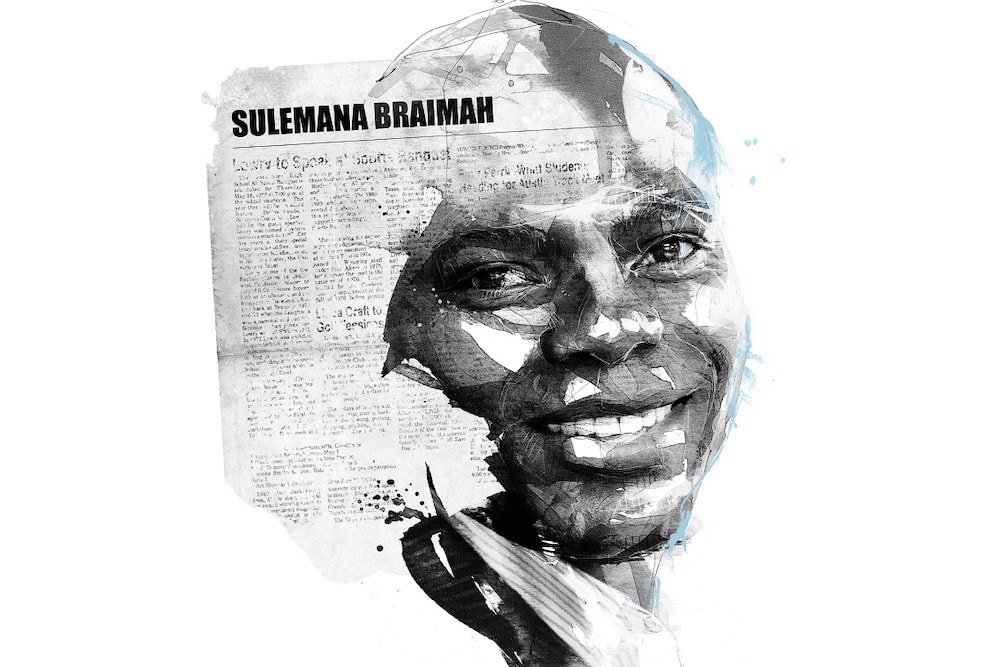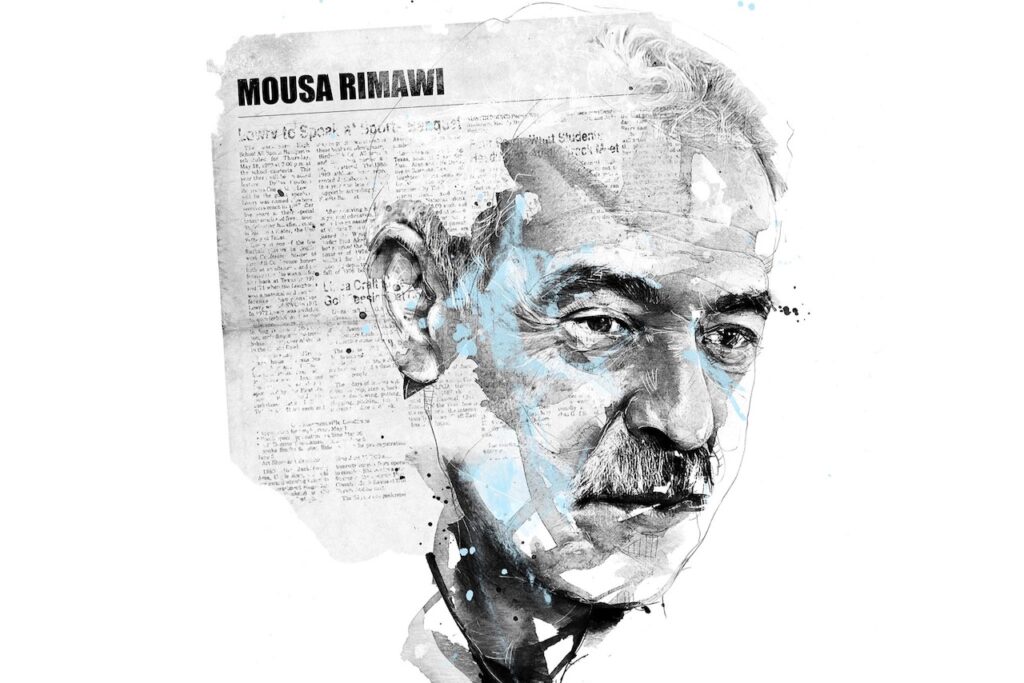Indian cartoonist Aseem Trivedi knows what it is like to be censored, having faced sedition charges, an insult case and the suspension of his website for his political commentary.
Commenting on cartooning as activism in a 10 June 2015 article, Indian political cartoonist Aseem Trivedi said: Cartooning is always about exaggeration. This exaggeration is what makes it powerful, because it gives more strength to advocate and also has the ability to offend the other side too!
Shocked on hearing that the Saudi Arabian blogger Raif Badawi had been given a sentence of 1,000 lashes, Indian political cartoonist Aseem Trivedi did what he does best: he took up his pen and started cartooning his disgust and call for Badawi’s release.
Trivedi knows what it is to be censored. He had been a leading light in the India Against Corruption Movement, a campaign ignited in 2010 with the disclosure of two major corruption scandals: one linked to the Commonwealth Games held in New Delhi in 2010, the other on the granting of mobile phone licenses. Millions of people were mobilised through social media and online petitions including the website I Paid a Bribe that gives citizens a place to record their own experiences of having to pay bribes, to whom and for what reasons. As of February 2016 it had logged over 72,000 reports of bribes totalling tens of millions of rupees.
A popular cartoonist, Trivedi contributed to the campaign with his Cartoons Against Corruption series. His hard-hitting images included the Indian parliament as a festering toilet and the country’s national emblem featuring three lions replaced by three bloody fanged wolves. These images were displayed by anti-corruption demonstrators during their protests. In December 2011, Trivedi’s website was suspended under a controversial newly adopted law – IT Rules 211 – that forces Internet companies to withdraw content on order of the government. The site was deemed to have images that insulted the Indian flag and national emblem.
Then in January 2012 an arrest warrant was issued against Trivedi and in September he handed himself over to police. He was charged under the penal code with sedition, and also for offences under the IT act and India’s National Emblem act that protects national symbols from insult. Three days later he was released on bail. In October 2012 the sedition charges were withdrawn, but the insult case remains and he still faces up to three years in prison if convicted.
Meanwhile, Trivedi had taken on IT Rules 211 with his Save Your Voice campaign hosted on Facebook. In May 2012, he and journalist Alok Dixit, went on hunger-strike calling for the law to be repealed, a protest that ended when their health had deteriorated to such an extent that they had to be hospitalised.
An indication of Trivedi’s spirit is his decision in October 2012 to enter as a contestant in the reality TV show, Bigg Boss even while his case was being considered by the Bombay High Court. He later told the Times of India that he had done so to raise the topic of corruption in India to a mass audience, but later regretted it as his political comments were edited out of the broadcasts.
In May 2012, he was granted the Cartoonists Rights Network International Courage award.
However for a while Trivedi put aside cartooning, but then, outraged at the Mumbai police blocking of social media posts in the wake of the January 2015 Charlie Hebdo attacks, and the arrest of an editor for reprinting a Charlie Hebdo cartoon, he created his own comic strip featuring an artist in conversation with the Prophet Mohamed. He went on to produce an on-line magazine featuring bloggers, artists and others from around the world who are targeted for their work.
The magazine’s first issue featured a series of images titled A Cartoon Against Every Lash dedicated to the Saudi writer Raif Badawi, imprisoned in 2012 for insult to Islam. Sentenced to a series of 1,000 floggings – the first 50 inflicted in January 2015 – his case has led to world-wide outrage. When Trivedi heard of this, he contacted Badawi’s wife and told her of his plans to create a cartoon for every lash her husband received. He is also cartooning for the Bahraini activist Hussain Jawad. In a November 2015 interview Trivedi explained that he had had “large support from the world of arts and activism. So … I am doing my duty and also repaying my debt to the world of activism.”
In December 2019, Trivedi organized Free Speech Talk; a platform where participants can discuss censored topics. Its first two events attracted many public figures in Delhi and Mumbai who talked about the controversial Citizenship Amendment Act and the National Register of Citizens, which the government has been implementing amid mounting criticism that these measures are legitimizing discrimination against Muslims and other ethnic minorities.
Despite a 2015 court order dismissing the sedition charge against him, Trivedi continued to be stigmatized as a “seditionist”. In 2021, he joined several groups and individuals in questioning the constitutionality of the sedition law before the Supreme Court. In 2022, the court put the law on hold and the government was ordered not to register new sedition cases. In a media interview, Trivedi underscored the need for the scrapping of the law. “Till the time draconian laws like Section 124A are there, there would be little room for healthy criticism or dissent—either through words, written or spoken, or visual representation.”
Illustration by Florian Nicolle
